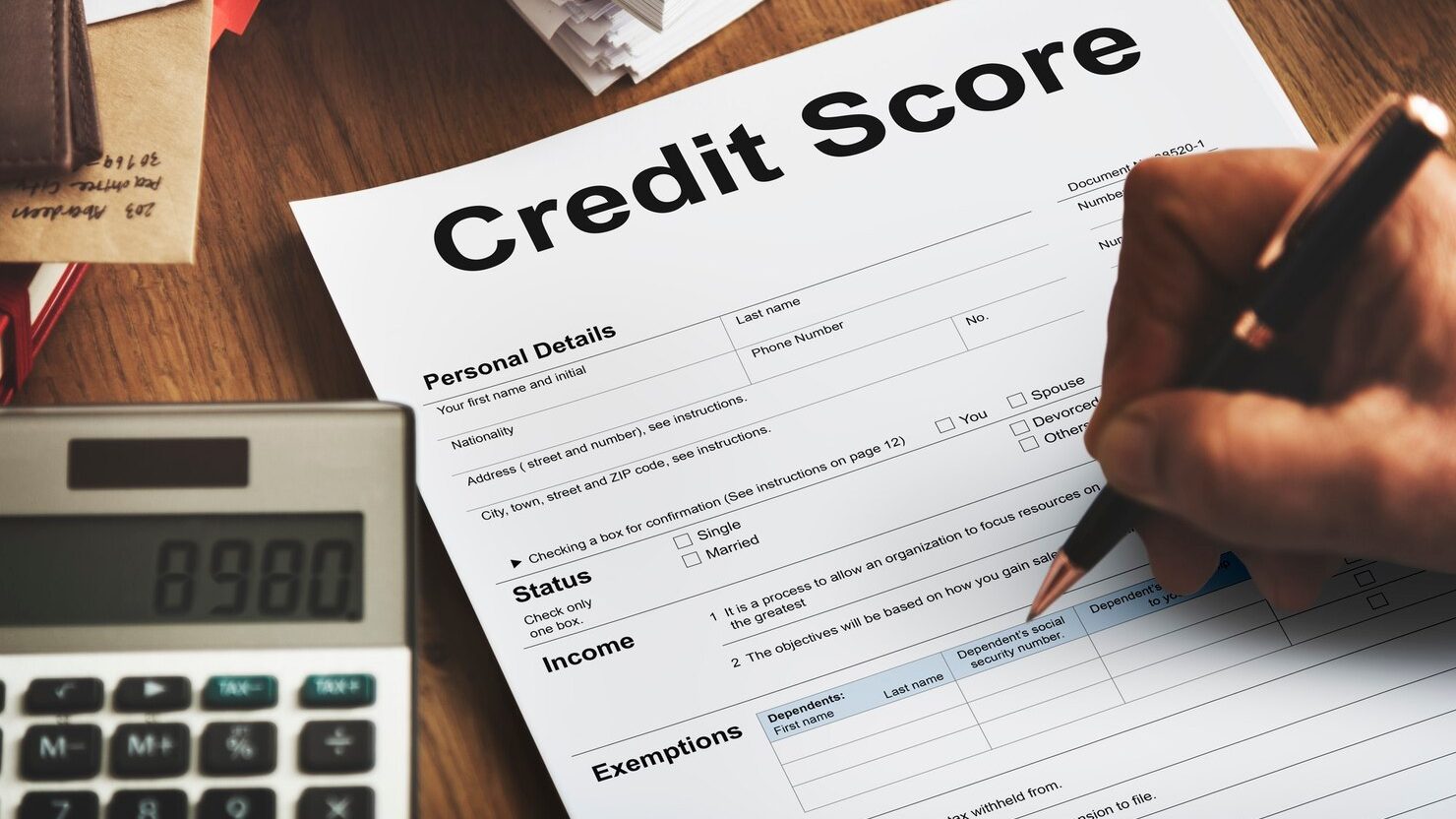Anúncios

Are you looking to boost your credit score and improve your financial health? You’re in the right place. In this guide, we’ll explore five proven strategies that can help you achieve a better credit score quickly and effectively. Whether you’re planning to apply for a loan, mortgage, or simply want to enhance your creditworthiness, these tips will provide you with the knowledge you need. Keep reading to uncover actionable steps that can make a significant difference in your credit score.
Understanding Credit Scores
Credit scores are calculated based on several key factors, including your payment history, amounts owed, length of credit history, new credit, and types of credit used. Payment history makes up the largest portion, so consistently paying your bills on time is vital. The amounts owed category considers your credit utilization ratio, which is the percentage of your available credit that you’re using. Keeping this ratio below 30% can positively impact your score.
The Importance of Credit Scores
Having a good credit score is crucial because it affects your ability to obtain loans, credit cards, and even rental agreements. Lenders use your credit score to gauge your creditworthiness and determine the interest rates and terms they offer you. A higher credit score can lead to lower interest rates, saving you money over time. Additionally, some employers and insurance companies also check credit scores as part of their evaluation process. So, learn how to boost your credit score through the insights down below.
Paying Bills on Time
Setting Up Payment Reminders
One effective way to ensure timely payments is to set up payment reminders. You can use digital calendar alerts or mobile apps designed to remind you of upcoming due dates. Many banks and financial institutions offer automatic payment services that deduct the amount directly from your account, helping you avoid missed deadlines. Staying organized and keeping track of your payment schedules can significantly boost your credit score over time.
Consequences of Late Payments
Missing payment deadlines can significantly impact your credit score. Each late payment is reported to credit bureaus and can remain on your credit report for up to seven years. The more recent a late payment, the more it affects your score. Additionally, late payments can lead to higher interest rates, late fees, and even account closures. It is crucial to understand these consequences and take steps to avoid them by ensuring all bills are paid on time.
Reducing Debt Levels
To reduce your debt, start by creating a comprehensive debt repayment plan. List all your debts, including credit cards, loans, and other obligations, along with their interest rates and minimum payments. Focus on paying off high-interest debts first while making minimum payments on the rest. This strategy, known as the avalanche method, can save you money on interest over time. Alternatively, the snowball method, which prioritizes paying off smaller debts first, can provide a psychological boost as you see quick progress.
Creating a Debt Repayment Plan
Debt consolidation can be a strategic move to reduce your debt levels. By combining multiple high-interest debts into a single loan with a lower interest rate, you can simplify your payments and potentially save on interest. Options for consolidation include personal loans, balance transfer credit cards, and home equity loans. Before consolidating, carefully consider the terms and fees associated with the new loan to ensure it benefits your financial situation.
Avoiding New Credit Applications
Each new credit application you submit results in a hard inquiry on your credit report. These inquiries can temporarily lower your credit score by a few points and may remain on your report for up to two years. Frequent applications for credit can signal to lenders that you are in financial distress or overextending yourself, which can make you appear risky. Therefore, it’s essential to avoid unnecessary credit applications to maintain a healthy credit score.
Impact of New Credit Inquiries
Each new credit application you submit results in a hard inquiry on your credit report. These inquiries can temporarily lower your credit score by a few points and may remain on your report for up to two years. Frequent applications for credit can signal to lenders that you are in financial distress or overextending yourself, which can make you appear risky. Therefore, it’s essential to avoid unnecessary credit applications to maintain a healthy credit score.
Strategies to Avoid Unnecessary Credit
To avoid unnecessary credit applications, first evaluate whether you truly need additional credit. Consider alternatives such as increasing your credit limit on existing accounts, which can improve your credit utilization ratio without a new inquiry. Additionally, focus on building a strong credit history with your current accounts by making timely payments and keeping balances low. If you must apply for new credit, research and choose wisely to ensure it aligns with your financial goals and offers favorable terms.
Monitoring Your Credit Report
It’s important to monitor your credit report regularly to ensure accuracy and identify any potential issues early. You can obtain a free credit report from each of the three major credit bureaus—Equifax, Experian, and TransUnion—once a year through AnnualCreditReport.com. Reviewing your credit report helps you spot errors, signs of identity theft, or fraudulent accounts that could negatively impact your credit score. By staying informed about your credit status, you can take timely actions to address any discrepancies.
Regularly Checking Your Credit Report
It’s important to monitor your credit report regularly to ensure accuracy and identify any potential issues early. You can obtain a free credit report from each of the three major credit bureaus—Equifax, Experian, and TransUnion—once a year through AnnualCreditReport.com. Reviewing your credit report helps you spot errors, signs of identity theft, or fraudulent accounts that could negatively impact your credit score. By staying informed about your credit status, you can take timely actions to address any discrepancies.
Disputing Errors on Your Credit Report
If you find errors on your credit report, it is crucial to dispute them promptly. Start by gathering documentation that supports your claim, such as payment records or correspondence with creditors. Then, contact the credit bureau that issued the report to file a dispute. Most bureaus offer online, phone, and mail options for submitting disputes. Once your dispute is received, the bureau will investigate and respond within 30 days. Correcting inaccuracies can improve your credit score and prevent future issues.
Conclusion
Improving your credit score is a vital step toward achieving better financial health and unlocking numerous opportunities. By understanding how credit scores are calculated, paying bills on time, reducing debt levels, avoiding unnecessary credit applications, and diligently monitoring your credit report, you can make significant strides in boosting your credit score.
Remember, it’s a gradual process that requires consistency and discipline. Implement these strategies today to take control of your financial future and enjoy the benefits of a higher credit score.
Frequently Asked Questions about Credit Management
How often should I check my credit report?
You should check your credit report at least once a year from each of the three major credit bureaus. Regular monitoring helps you spot errors and signs of identity theft early.
What is the fastest way to boost my credit score?
The fastest way to boost your credit score is by paying down high balances on credit cards, making all payments on time, and correcting any errors on your credit report.
How do late payments affect my credit score?
Late payments can significantly lower your credit score and remain on your credit report for up to seven years. They also lead to higher interest rates and late fees.
What is a good credit utilization ratio?
A good credit utilization ratio is below 30%. This means you are using less than 30% of your available credit, which positively impacts your credit score.
Can consolidating debt improve my credit score?
Consolidating debt can improve your credit score by simplifying payments and potentially lowering your interest rates. However, it is essential to manage the new loan responsibly.


